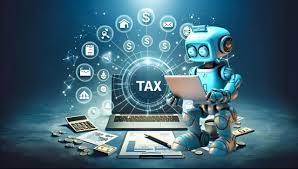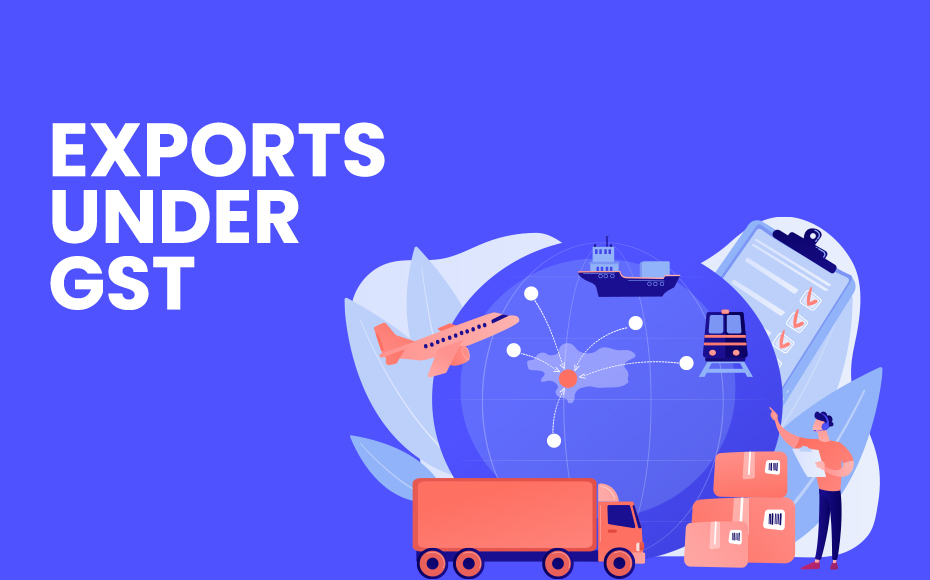
GST IMPORTANT ANNOUNCEMENTS IN 54TH GST COUNCIL MEETING (September 9, 2024)
By
Team Bilimoria
September 13, 2024
A. Changes/Clarifications in GST Tax Rates
- Namkeens and Extruded/Expanded Savory Food Products:
- The GST rate on extruded or expanded savoury or salted products (other than un-fried or un-cooked snack pellets), classified under HS 1905 90 30, has been reduced from 18% to 12%. This aligns it with the rate on pre-packaged and labelled namkeens, bhujia, mixtures, etc.
- The 5% GST rate on un-fried or un-cooked snack pellets will continue.
- This reduced GST rate will apply prospectively.
- Cancer Drugs:
- GST rates on cancer drugs like Trastuzumab Deruxtecan, Osimertinib, and Durvalumab have been reduced from 12% to 5%.
- Metal Scrap:
- A Reverse Charge Mechanism (RCM) will be introduced for the supply of metal scrap from unregistered persons to registered persons. Suppliers will need to register once they cross the threshold limit.
- A 2% TDS will be applicable on business-to-business metal scrap supplies.
- Roof-Mounted Package Unit (RMPU) Air Conditioning Machines for Railways:
- RMPU Air Conditioning Machines for railways will be classified under HSN 8415, attracting a GST rate of 28%.
- Car and Motorcycle Seats:
- It was clarified that car seats are classifiable under HSN 9401 with a GST rate of 18%.
- However, the GST rate on car seats has been increased from 18% to 28% to align it with motorcycle seats, which also attract 28%. This rate is applicable prospectively.
- Summary of the change in rate is tabulated below:

B. Changes/Clarifications related to Services
- Life and Health Insurance:
- The GST Council has proposed the formation of a Group of Ministers (GoM) to conduct a comprehensive review of GST-related matters affecting life and health insurance. This GoM will consist of representatives from Bihar, Uttar Pradesh, West Bengal, Karnataka, Kerala, Rajasthan, Andhra Pradesh, Meghalaya, Goa, Telangana, Tamil Nadu, Punjab, and Gujarat. The GoM is scheduled to present its findings by the end of October 2024.
- Passenger Transport by Helicopters:
- The GST on passenger transport by helicopters (on a seat-share basis) is set at 5%. For past periods, this rate will be regularized on an “as-is-where-is” basis. Charter services for helicopters will continue to attract 18% GST.
- Flying Training Courses:
- Approved flying training courses conducted by DGCA-approved Flying Training Organizations (FTOs) are exempt from GST. A circular will clarify this exemption.
- Supply of Research and Development Services:
- R&D services provided by government entities, research associations, universities, colleges, or other institutions (using government or private grants) are exempt from GST.
- GST for past periods will be regularized on an “as-is-where-is” basis.
- Preferential Location Charges (PLC):
- PLC paid along with construction services will be treated as part of a composite supply, bundled with construction services. Thus, the tax treatment of PLC will follow the main supply (construction services).
- Affiliation Services:
- Affiliation services provided by educational boards (like CBSE) are taxable.
- However, services provided by State/Central boards to government schools are exempt prospectively. Past liabilities will be regularized on an “as-is-where-is” basis.
- Affiliation services provided by universities to their constituent colleges will attract an 18% GST rate.
- Import of Services by Branch Offices:
- Import of services by foreign airline branch offices from related persons or other establishments outside India (without consideration) will be exempt from GST. Past periods will be regularized on an “as-is-where-is” basis.
- Renting of Commercial Property:
- The renting of commercial property by an unregistered person to a registered person will come under the Reverse Charge Mechanism (RCM) to prevent revenue leakage.
- 9. Ancillary Services by Goods Transport Agencies (GTA):
- Ancillary services like loading, unloading, packing, transshipment, etc., provided by GTAs will be treated as part of the composite supply of goods transportation by road, provided the GTA issues a consignment note.
- If such services are billed separately and not provided as part of transportation, they will not be treated as part of the composite supply.
C. Measures for Trade Facilitation
- Waiver of Interest or Penalty:
- The Council recommended procedures for waiving interest/penalty for tax demands under Section 73 of the CGST Act (for FYs 2017-18 to 2019-20).
- A deadline of March 31, 2025, was set for the payment of tax to avail these benefits.
- Implementation of New CGST Act Sections:
- Sub-sections (5) and (6) of Section 16 (related to input tax credit) will be notified soon. Special procedures for rectifying past orders confirming demands related to wrong input tax credit will also be established.
- Refund Procedure Simplification:
- The Council recommended simplifying the refund procedure for exporters who availed concessional/exemption notifications on inputs. This includes clarifying that once taxes are paid on reassessed imports, IGST refunds on exports will not be considered in contravention of CGST Rules.
- Issuance of Clarifications:
- Circulars will be issued to clarify ambiguities on various issues, such as:
- Place of Supply for advertising services provided to foreign entities.
- Input Tax Credit availability on demo vehicles by vehicle dealers.
- Place of Supply for data hosting services provided to cloud computing providers outside India.
D. Other Measures
- B2C E-invoicing:
- A pilot program for B2C e-invoicing will be rolled out on a voluntary basis in selected sectors and states. The goal is to improve business efficiency, lower costs, and allow retail customers to verify invoices reported in GST returns.
- New Invoice Management System (IMS) and Ledgers:
- New features will be added to the GST return system, including a Reverse Charge Mechanism (RCM) ledger, Input Tax Credit (ITC) Reclaim ledger, and an Invoice Management System (IMS).
- Taxpayers can use IMS to accept, reject, or keep invoices pending for input tax credit purposes, reducing errors in claims and improving reconciliation.
Conclusion:
The 54th GST Council meeting focused on simplifying tax structures, facilitating trade, and improving compliance processes. Key recommendations include reducing GST rates for critical products like cancer drugs, introducing new mechanisms for input tax credits, rolling out B2C e-invoicing pilots, and providing various exemptions and clarifications to reduce legal ambiguities in GST implementation. These changes aim to enhance the overall efficiency of the GST system while offering relief to specific sectors.


.svg)

